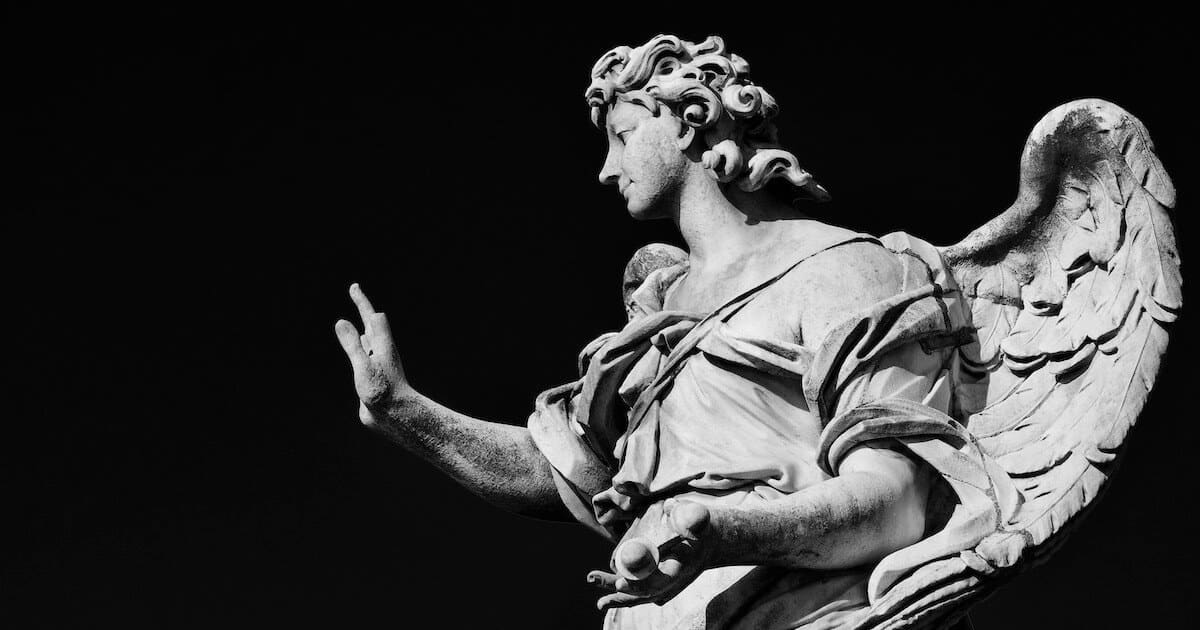Johann!@#
Member
- Sep 10, 2023
- 709
- 204
Now Moses was tending the flock of Jethro his father-in-law, the priest of Midian. And he led the flock to the back of the desert, and came to Horeb, the mountain of God. And the Angel of the LORD appeared to him in a flame of fire from the midst of a bush. So he looked, and behold, the bush was burning with fire, but the bush was not consumed. Then Moses said, “I will now turn aside and see this great sight, why the bush does not burn.”So when the LORD saw that he turned aside to look, God called to him from the midst of the bush and said, “Moses, Moses!”
And he said, “Here I am.”
Then He said, “Do not draw near this place. Take your sandals off your feet, for the place where you stand is holy ground.” Moreover He said, “I am the God of your father—the God of Abraham, the God of Isaac, and the God of Jacob.” And Moses hid his face, for he was afraid to look upon God. Exodus 3:1-6
- the Angel of the LORD appeared to him
- Moreover He said, “I am the God of your father—the God of Abraham, the God of Isaac, and the God of Jacob.
- And Moses hid his face, for he was afraid to look upon God.
How do we know the Angel of the Lord is Jesus? | Verse By Verse Ministry International
Delve into a detailed analysis exploring how the Angel of the Lord in biblical scripture represents the pre-incarnate Christ. Discover evidence from Genesis and beyond confirming Jesus' divine role before His earthly incarnation.

Who Is the Angel of the Lord?
Who is the Angel of the Lord? Flip through the pages of the Hebrew Scriptures and you’ll come across a figure who seems to carry a contradiction: the Angel of the Lord. So who is the Angel of the Lord, and what connection does he have to Yahweh?

Who Is the Angel of the Lord and What Is the Name of Yahweh?
Dr. Michael Heiser pieces together what we know about the name of Yahweh, focusing on the relationship between Yahweh and the angel of the Lord.
 www.logos.com
www.logos.com
J.





